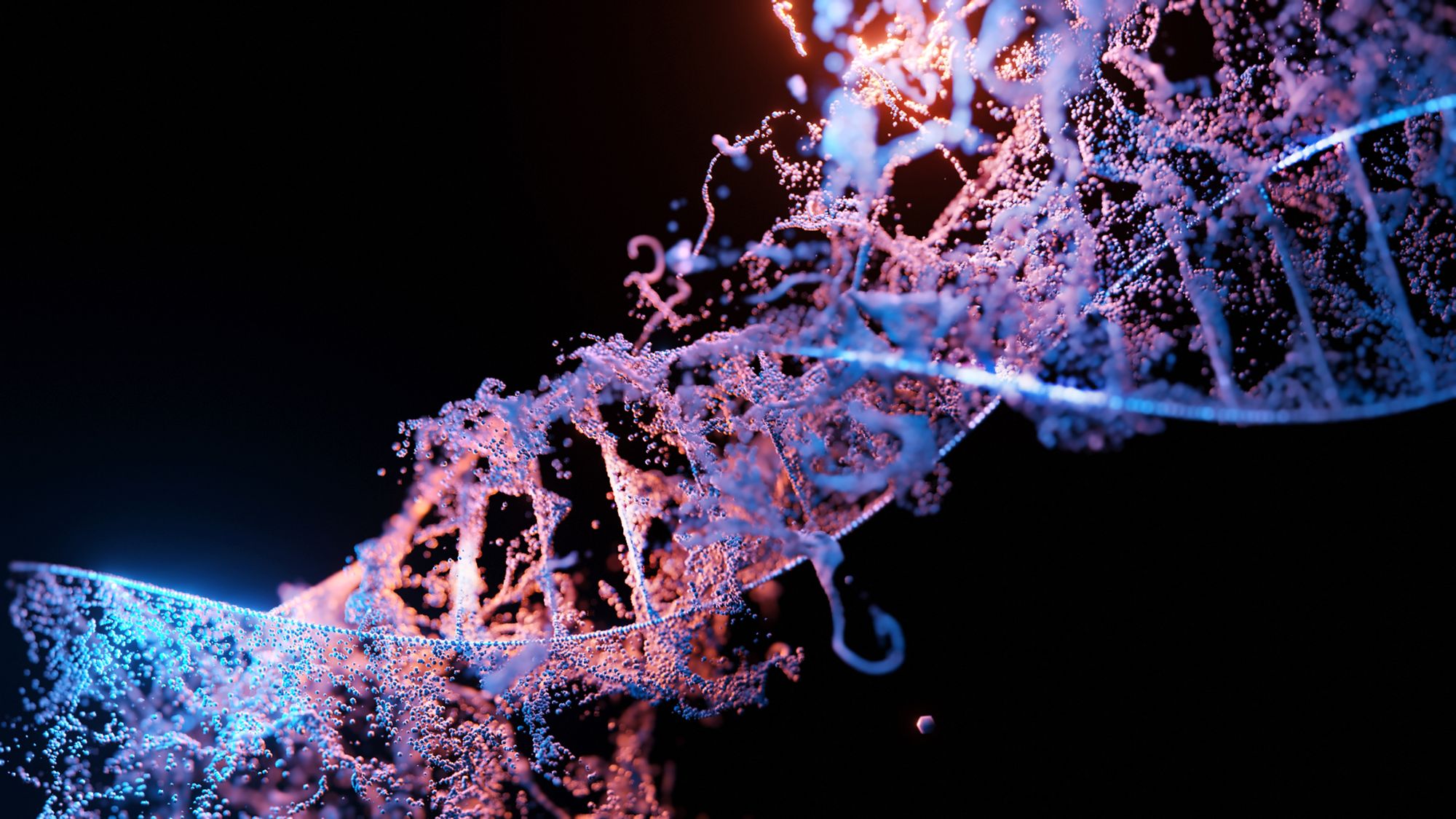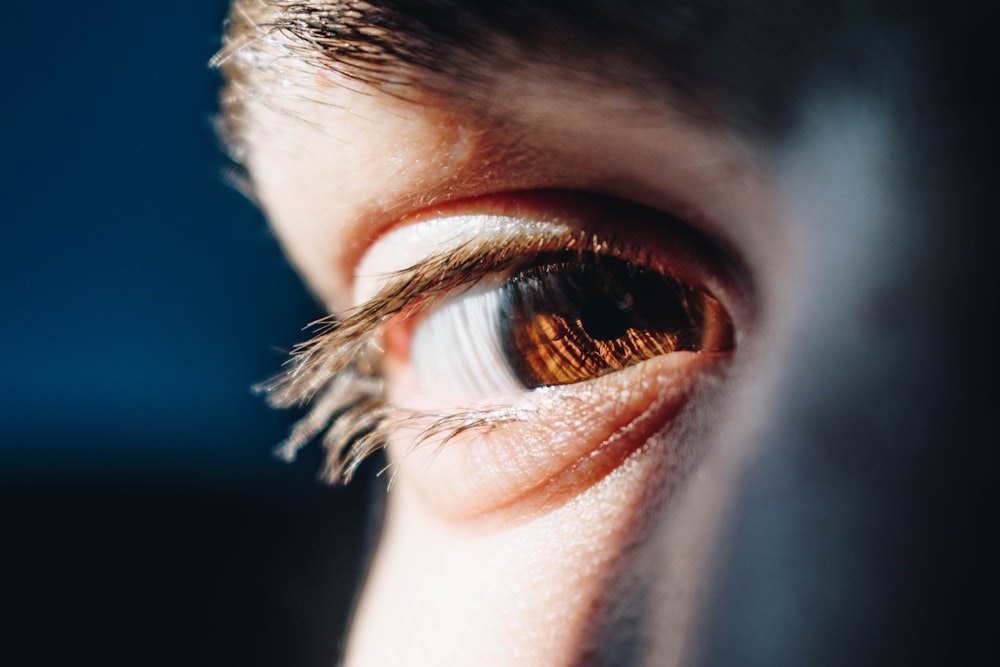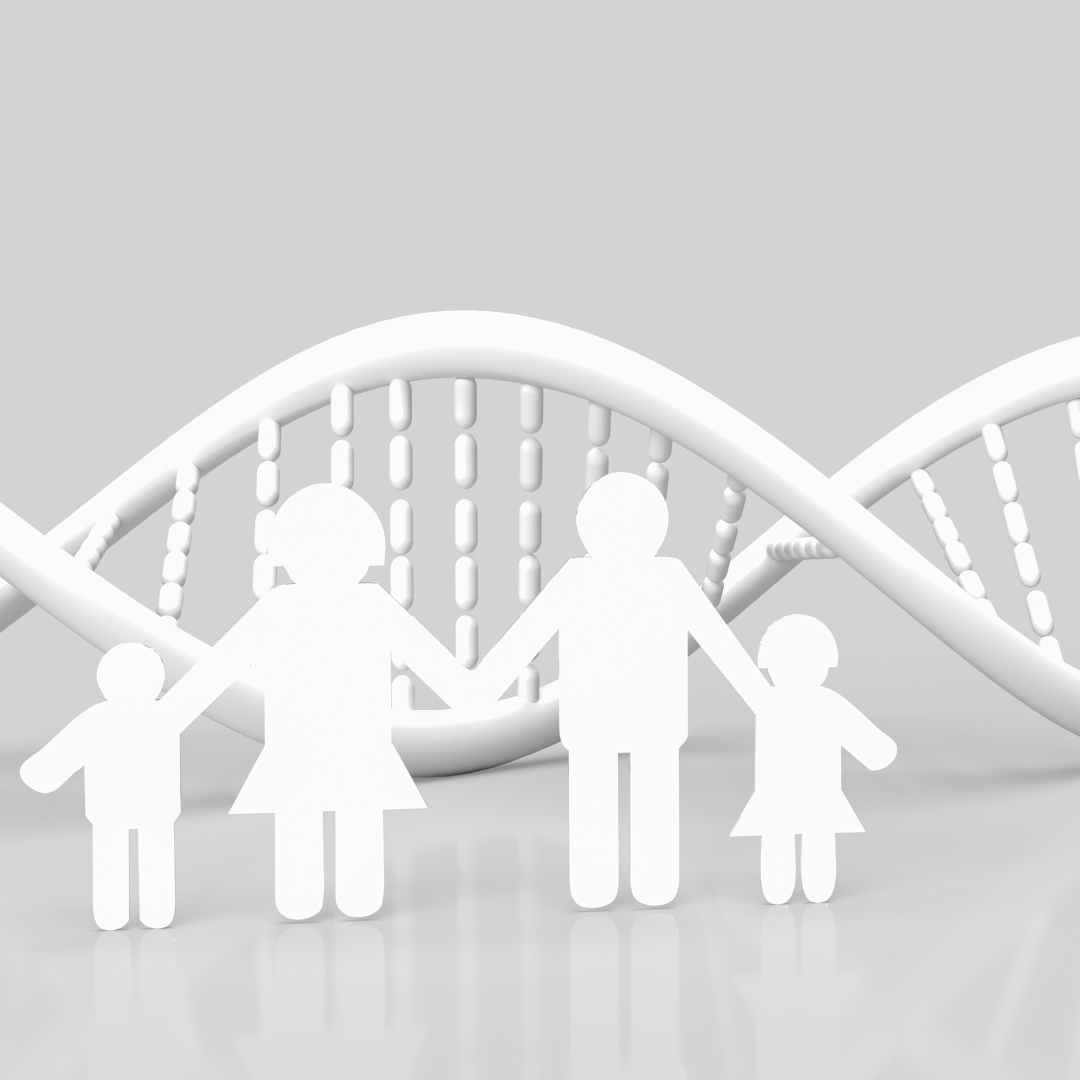
Human beings are truly amazing. Our bodies are a marvel of miraculous evolution, built from around 3 billion genetic building blocks (base pairs), which make you who you are. The building blocks of genetic code consist of DNA, the carrier of genetic information. How can I check my DNA and understand my unique body? A DNA test is what you should be looking for.
At a glance, most of our building blocks are clearly the same as our fellow humans. Of the 3 million base pairs that make up your genetic code, around 99.9% are identical to other human beings. This is because all mammals are descended from a distant ancestral species.
The 99.9% of your DNA that matches the genetic code of other humans is why we have so many similarities as a species. Most of us have upright posture, opposable thumbs, two eyes, arms, and a specific cellular structure, and all of these components work in specific ways.
There’s really only a 0.1% difference in DNA from person to person. However, the 0.01% of your genetic code that’s different is what makes you unique. It’s what separates you from everyone else in the world – and that 0.1% is a lot more significant than you’d think.
All it takes is a miniscule 0.01% difference in DNA to create an Albert Einstein, instead of a Jennifer Lopez or a Michael Jordan.
How can I check my DNA and find out if I will be the next epoch-making masterpiece? We are going to tell you everything you need to know about DNA testing.
Understanding the Evolution of Human DNA
To fully understand what makes us so different, and how DNA is different from person to person, it’s worth looking at why human beings are so similar to each other. All mammals (including us), descend from ancestral species who walked the earth millions of years ago. Evolution has allowed for fundamental changes to some of the significant building blocks of our DNA, creating new species.
Changes in base DNA are slow. An evolution of a base from an “A” in genetic code to a “T” only happens on average around once every billion years. That’s why, if you look a little closer at the DNA of all living things, you’ll see some pretty significant connections.
You probably know already that human beings are very similar to chimpanzees from a genetic perspective.About 96% of our DNA is the same as a chimpanzee. However, we share a lot of similar traits with other animals as well. For instance:
- Cats and humans share about 90% of the same DNA
- Mice and humans share 85% of the same DNA
- Cows and humans share 80% of the same DNA
- Fruit flies and humans share approximately 61% of the same DNA
- Humans and chickens share 60% of the same DNA (the same amount of DNA we human beings also share with a banana!)
Human DNA is also quite similar to our more remote ancestors, such as plants, reptiles, and invertebrates. This is because most living things share similar functions and abilities which rely on certain genetic sequences, from basic respiration, to growth.

The DNA That Makes You Human Being
The 99.9% of DNA you share with your neighbour determines your species – that you’re a human being, with lungs, a heart, the ability to perspire, and more. What allows for variability and evolutionary change in a human being is the errors that occur in the DNA copying process, when two creators reproduce.
No DNA copying process is absolutely perfect. Even among the billions of base pairs of genetic code you inherit from your parents, more than 100 will likely be new mutations. This might be why you can play the piano perfectly when your mother can’t, or why you’re the only person in your family with a peculiar food sensitivity.
DNA also adapts to different environments and circumstances, at a rate much faster than we’d see in the general rate of DNA transformation. For instance, the difference in common skin color between Europeans and Africans only developed in the last 50,000 years or so, according to some scientists.
Depending on your background, you may also have a specific predisposition to certain illnesses, or a way of protecting yourself against ailments developed within your DNA. For instance, many African and Mediterranean individuals have genes to protect them from malaria. Alternatively, Sickle cell anaemia is more common among people of African descent than European.
How Can I Check My DNA That Varies From Everyone
As mentioned above, every new living being, including human beings, inherit two copies of each chromosome – one from our mother, and the other from our father. However, while many of the components of our DNA will be the same to our parents, the recombination of genes, and the process of making gametes leads to significant changes. So, how can I check my unique DNA combination?
“Recombination” is the genetic process in which sections of DNA are traded between chromosomes making up a base pair. The total amount of DNA in each chromosome doesn’t change, but the trading between your mother and father’s chromosomes leads to a unique design.
While the majority of your base pairs of genetics will be the same as everyone else, the “variants” in the sequence add up to a significant 0.1% of our genetic identity. This 0.1% quickly adds up to significant differences throughout generations of human beings.
Essentially, recombination and the trading of DNA variants helps to drive evolution by creating a slightly new variation of a specific list of genetic instructions every time. Each person introduces a new quilt of DNA, passed down over centuries to re-write and extend the human genome.
Your 0.1% Unique DNA is Much More Significant Than You’d Think
At a glance, a 0.1% genetic difference between you and your best friend might not seem to be much. However, genetic testing can reveal just how significant this small difference in DNA can be.
A TED talk by physicist Riccardo Sabatini discussed the idea that a printed version of your genetic code would take up about 262,000 pages, with only 500 of those pages being unique to you. However, 500 pages can still make a huge difference to your story and who you are.
How can I check the 0.1% unique DNA?
DNA and genetic testing over the years have successfully revealed that some of the genetic changes which seem so significant to us actually depend on the tiniest fraction of DNA.
In these ‘500 pages’ of unique information, human beings find a host of unique and defining traits about themselves.
Some of us are musically gifted, others are mathematically gifted. Some of us are tall, while others are short. Some are naturally muscular, while others are thin. Some are athletic, while others are artistic.
By looking at the 0.1% of your DNA designed specifically for you, you can learn a host of important details about your potential and who you are. Perhaps you’ll discover that you’re an incredibly flexible and skilled dancer. Or you might discover you’re more likely to get wrinkles at an early age, or you’re great at handling spicy foods. Some of these traits may have been passed down from previous generations, while others will be entirely specific to you.

How Can I Check My DNAThat Makes Me Unique?
While not every difference between human beings is genetic (some differences are caused by environmental influences as well), it’s important not to underestimate the impact of your unique DNA. In many cases, your unique genes and environment can also work together to shape who you are.
For instance, we all have an innate ability to learn language for the most part, but the language we learn and how we use it depends on our environment. Mozart was genetically predisposed for musical greatness, but without being exposed to his musical training, he would never have created his symphony.
As we continue to develop a deeper knowledge of genetic testing and DNA, the things we can discover within our unique “genetic makeup” will continue to evolve. Understanding our similarities, from specific similarities with a cultural or geographic group, to connections between the genes all human beings share, we can learn more about our nature as human beings.
Some scientists are even using the exploration of genetic differences between races to produce more tailored medical treatments for ailments common in certain groups.
On the other hand, understanding the part of your DNA that makes you different – the 0.1% – is how you get to know yourself better, and learn how to appreciate your unique story.
Be Proud to Be #YOUnique
While it’s true that much of the DNA between human beings (and even other mammals) is very similar, it’s crucial to remember just how valuable and special that 0.1% of your genetic code really is. We all have a beautiful genetic footprint specific to us, which can provide useful information about who we are and who we have the potential to become.
Focusing too heavily on the 99.9% means you could be following routines and health strategies which aren’t actually tailored to you. On the other hand, with complete access to your specific 0.1%, you can learn what it really means to be you. You can learn what’s written in your DNA.
All it takes is that 0.1% difference in DAN to transform a person into someone completely different from anyone else.
Get to know what’s written in your DNA to learn your full story by taking a CircleDNA test, and be proud to be #YOUnique!







This Post Has One Comment
Comments are closed.